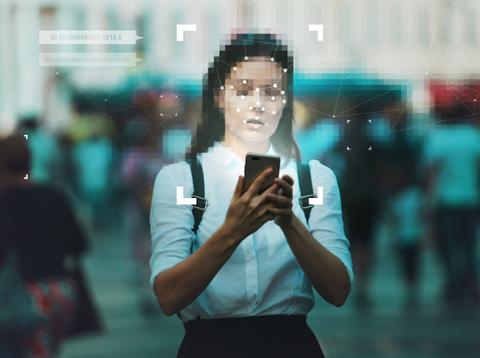If you’re curious about how the rise of A.I. and machine learning might impact your job, it’s worth taking a few minutes to read Microsoft co-founder Bill Gates’s paper breaking down the future of A.I. (at least as he sees it).
Gates believes that the current ways of interfacing with hardware—via a graphical user interface, a keyboard, and a mouse—will gradually give way to something right out of a science fiction movie. “Your main way of controlling a computer will no longer be pointing and clicking or tapping on menus and dialogue boxes,” he wrote. “Instead, you’ll be able to write a request in plain English.”
He compares this functionality to a “white-collar worker” or a “co-pilot.” Eventually, A.I. will impact a variety of job functions in different industries, from healthcare to education. “On the software side, the algorithms that drive an AI’s learning will get better. There will be certain domains, such as sales, where developers can make AIs extremely accurate by limiting the areas that they work in and giving them a lot of training data that’s specific to those areas,” he continued. “But one big open question is whether we’ll need many of these specialized AIs for different uses—one for education, say, and another for office productivity—or whether it will be possible to develop an artificial general intelligence that can learn any task.”
Will artificial intelligence and machine learning become a job-destroyer? That’s a key worry among many tech professionals, although Gates believes A.I. will “enhance” rather than destroy jobs. At the moment, even the most sophisticated A.I.-powered chatbots can’t fully reproduce what the average tech pro does on a daily basis; although such platforms can generate code and potentially debug software, they obviously can’t replicate the “soft skills” so essential to many jobs, including teamwork, empathy, and communication.
Even from a low-level coding perspective, A.I. can deliver imperfect results, as our testing demonstrated. For the foreseeable future, mastering the best practices for coding and debugging will remain essential—companies aren’t going to turn that functionality over to a chatbot just yet.



